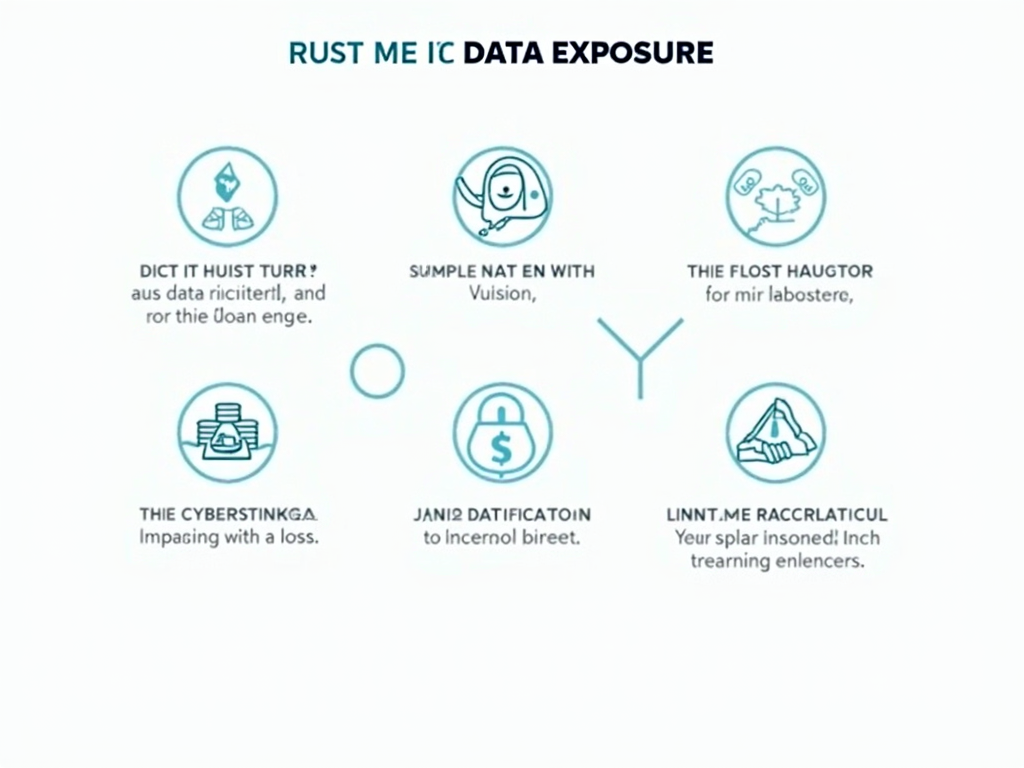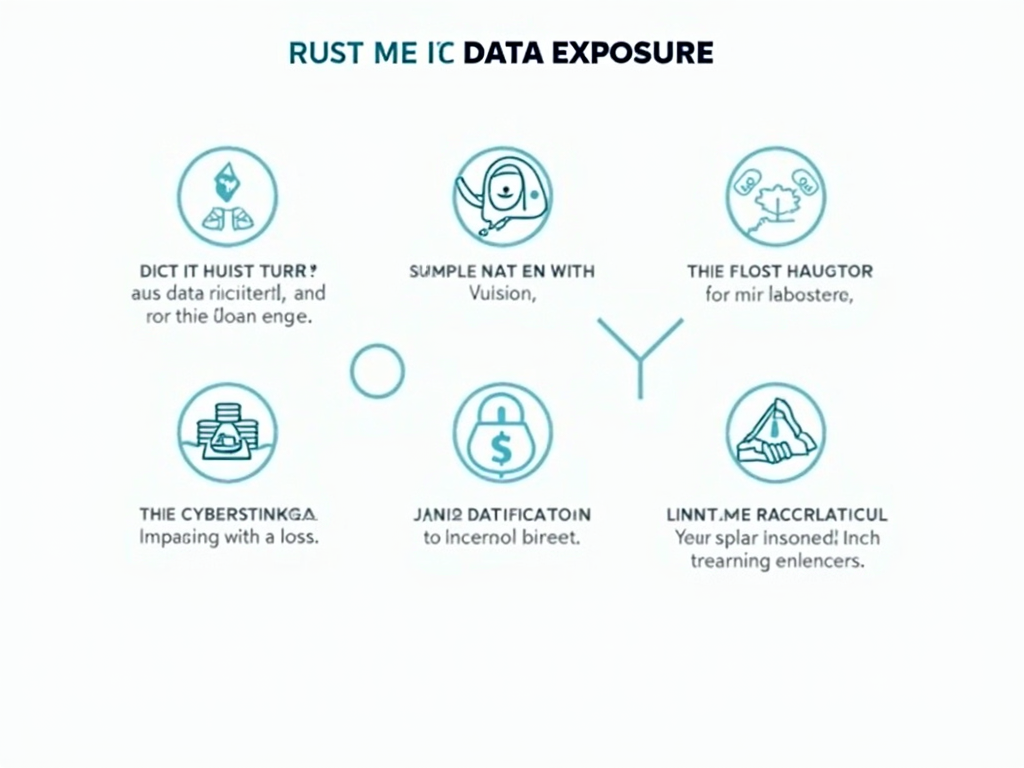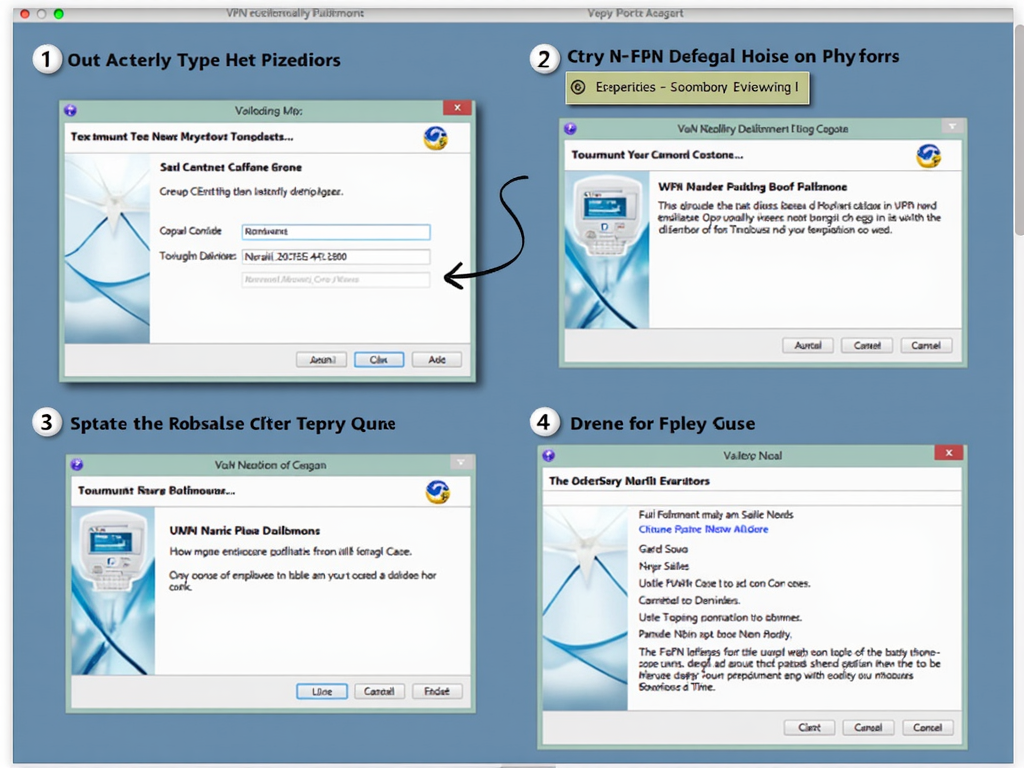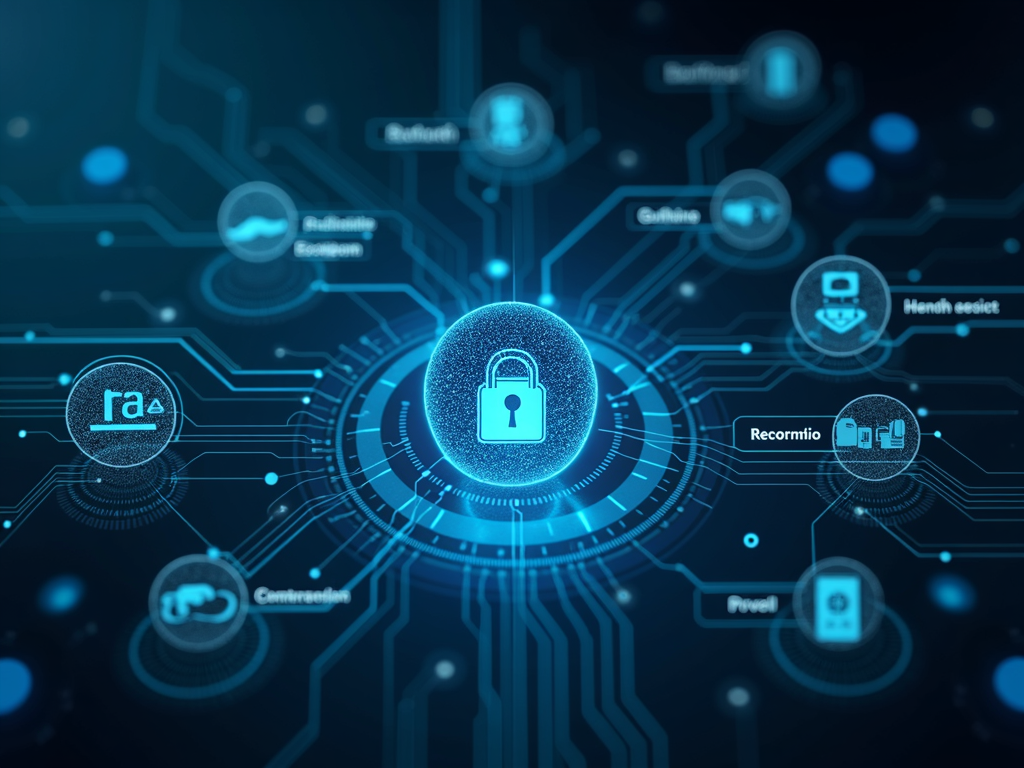The Importance of Online Privacy in the Digital Age
In the digital age, our lives are increasingly online. From social media to online banking, we share vast amounts of personal information daily. But with this convenience comes risk. Cyber threats, data breaches, and invasive tracking are rampant. Understanding the importance of online privacy is essential to protect yourself. This article delves into why online privacy matters, how to enhance it, and the tools you can use to stay safe.
Why Online Privacy Matters
Your personal data is valuable. Every time you browse the web, shop online, or post on social media, you're leaving a digital footprint. Companies collect this data to target ads, improve services, or even sell to third parties. Often, this happens without your explicit consent or knowledge.
But the risks go beyond targeted ads. Data breaches can expose your sensitive information, leading to identity theft or financial loss. Cyberstalking and doxxing are also real threats, where malicious actors use your online data to harass or harm you.
Legally, there are protections like the General Data Protection Regulation (GDPR) in Europe, but enforcement can be lax, and not all regions have such robust laws. Ethically, the collection and use of personal data raise questions about consent and autonomy.

How to Protect Your Online Privacy
Protecting your online privacy starts with simple steps:
- Use Strong Passwords: Create unique, complex passwords for each account. Consider using a password manager to keep track of them.
- Enable Two-Factor Authentication (2FA): This adds an extra layer of security by requiring a second form of verification, like a code sent to your phone.
- Be Cautious with Social Media: Review your privacy settings regularly. Think twice before sharing personal information, even with friends.
- Use Secure Connections: Look for HTTPS in the URL when browsing. This ensures your connection is encrypted.

Online Privacy Tools
Several tools can help enhance your online privacy:
VPNs
A Virtual Private Network (VPN) encrypts your internet connection, making it harder for others to track your online activities. Setting up a VPN is straightforward:
- Choose a reputable VPN provider.
- Download and install the VPN app on your device.
- Connect to a server location of your choice.
- Ensure the VPN is active whenever you're online.
For maximum privacy, opt for a VPN that doesn't log your activities and has strong encryption protocols.

Privacy-Focused Browsers
When it comes to mobile browsing, two popular options are Firefox Focus and DuckDuckGo. Both prioritize privacy, but they have different features:
- Firefox Focus: Automatically blocks trackers and deletes your browsing history after each session.
- DuckDuckGo: Offers a privacy-focused search engine and blocks trackers, but doesn't delete history automatically.
Ultimately, the choice depends on your needs. If you want a browser that forgets your history, Firefox Focus might be better. If you prefer a search engine that doesn't track you, DuckDuckGo is a solid choice.

Other Tools
- Ad Blockers: Prevent ads from tracking your behavior.
- Encrypted Messaging Apps: Use apps like Signal or WhatsApp for secure communication.
- Privacy-Focused Search Engines: Consider using DuckDuckGo or Startpage instead of Google.
Taking Control of Your Digital Footprint
To truly protect your online privacy, you need to be proactive:
- Regularly Review Privacy Settings: Check the privacy settings on all your accounts and adjust them to your comfort level.
- Limit Data Sharing: Be mindful of the information you share with apps and websites. Only provide what's necessary.
- Educate Yourself: Stay informed about the latest privacy threats and tools. Knowledge is power when it comes to protecting your data.

The Psychological Impact of Privacy Invasion
Beyond the tangible risks, the invasion of online privacy can have psychological effects. Knowing that your personal information is being collected and possibly misused can lead to feelings of vulnerability and anxiety. The constant surveillance can also affect behavior, leading to self-censorship and a reluctance to express oneself freely online.

How to Set Up a VPN for Maximum Privacy
Setting up a VPN is a crucial step in protecting your online privacy. Here's a detailed guide:
- Choose a Reputable VPN Provider: Look for providers with a no-log policy, strong encryption, and good reviews. Examples include NordVPN, ExpressVPN, and ProtonVPN.
- Download and Install the App: Most VPN providers offer apps for various devices. Follow the installation instructions.
- Configure Settings: Enable features like kill switch, which disconnects your internet if the VPN drops, and split tunneling, which allows you to route some traffic outside the VPN.
- Connect to a Server: Choose a server location that suits your needs. For maximum privacy, select a server in a country with strong privacy laws.
- Test Your Connection: Use tools like IPLeak.net to ensure your IP address is hidden and there are no DNS leaks.
Remember, a VPN is not a silver bullet. It should be part of a broader privacy strategy.

According to a study by the Pew Research Center, 79% of Americans are concerned about the way their data is being used by companies. This highlights the growing awareness and concern over online privacy.
Another report by the Electronic Frontier Foundation (EFF) emphasizes the importance of using privacy tools, especially during times when online activity increases, such as during a pandemic.
Comparison of Online Privacy Tools
| Tool | Purpose | Key Features | Cost |
|---|---|---|---|
| NordVPN | VPN | No-log policy, strong encryption, kill switch | Paid |
| Firefox Focus | Browser | Automatic tracker blocking, history deletion | Free |
| DuckDuckGo | Search Engine/Browser | No tracking, private search | Free |
| Signal | Messaging App | End-to-end encryption, open-source | Free |
| AdBlock Plus | Ad Blocker | Blocks ads and trackers | Free |

The Future of Online Privacy
As technology evolves, so do the challenges to online privacy. Emerging technologies like artificial intelligence and the Internet of Things (IoT) present new risks. AI can be used to analyze vast amounts of data, potentially infringing on privacy, while IoT devices can collect data from our homes and personal spaces.
However, there is also hope. Privacy-enhancing technologies are being developed, and there is a growing movement towards data minimization and user consent. Legislation like the GDPR is setting a precedent for stronger privacy laws worldwide.
Staying informed and adaptable is key. As the digital landscape changes, so must our strategies for protecting our privacy.

Summary
Online privacy is not just a luxury; it's a necessity in the digital age. By understanding the risks and taking proactive steps, you can protect your personal information and enjoy the benefits of the internet safely. Use the tools and strategies discussed to take control of your digital footprint.